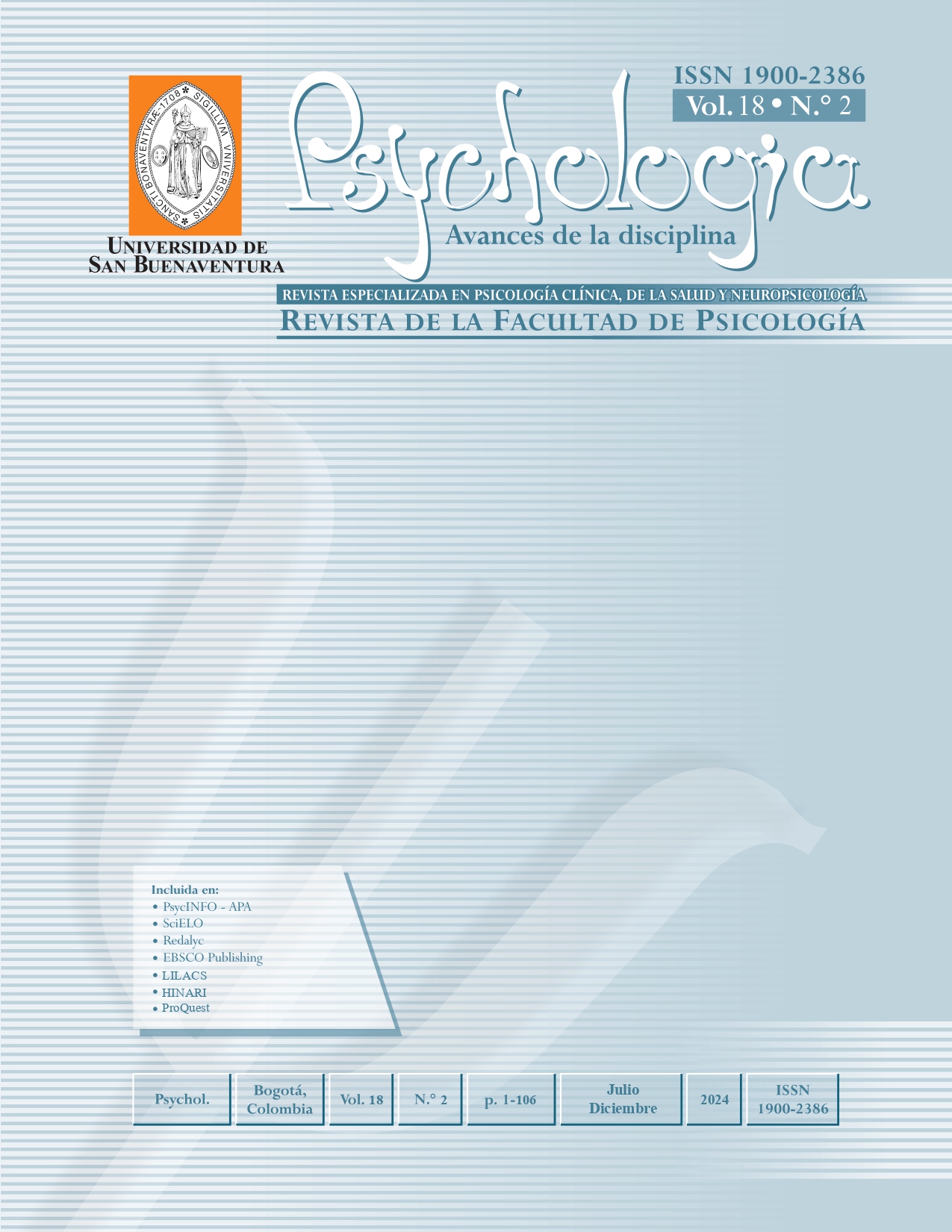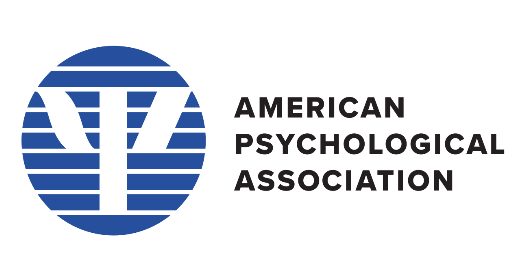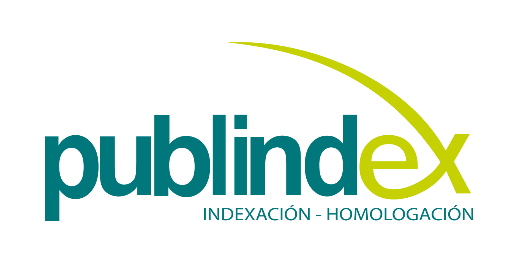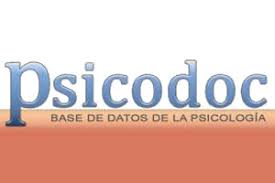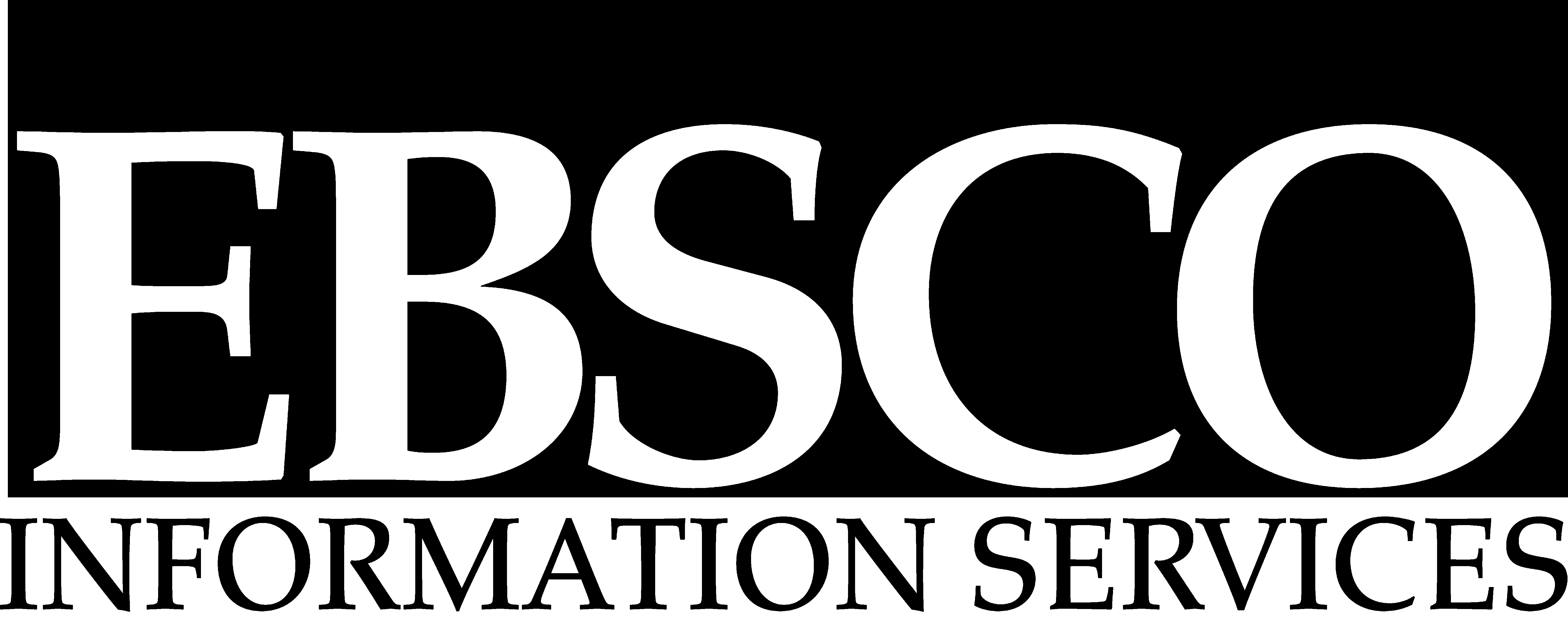This journal provides open, immediate access to its contents, based on the principle that offering the public free access to research helps to promote a higher global exchange of knowledge.
As such, all journal articles are published under a Creative Commons Attribution-NonCommercial-ShareAlike 4.0 International License (CC BY-NC-SA), by which commercial use of the original work or its possible derived works is not allowed, and the distribution thereof must be done with the same license elements regulating the original work.
http://creativecommons.org/licenses/by-nc-sa/4.0/
Abstract
La medición precisa y exacta de los fenómenos metacognitivos nunca ha sido más necesaria que en el acelerado mundo actual, en el que el alumno dispone de grandes cantidades de información. El MAI, Jr. (ver Sperling et al., 2002) es una medida de autoinforme de conciencia metacognitiva de 18 preguntas ampliamente utilizada. Sin embargo, esta medida no ha sido reexaminada en cuanto a validez de constructo y consistencia interna desde su inicio en 2002. En este documento se informa sobre los hallazgos de un estudio de 2 años en el que trabajamos para validar una versión abreviada del MAI, Jr. En el transcurso de 2 años, 601 estudiantes de 6.º a 8.º grado participaron en nuestro estudio. En cada año, los datos se examinaron mediante análisis factorial exploratorio con extracciones de factores comunes (factorización del eje principal [PAF]) y rotaciones oblicuas (promax). Los resultados de este estudio respaldan la validación de una escala abreviada de 7 ítems. Se discute por qué se prefieren medidas más cortas con validez de constructo y consistencia interna apropiadas.
References
Dinsmore, D. L., Alexander, P. A., & Loughlin, S. M. (2008). Focusing the conceptual lens on metacognition, self-regulation, and self-regulated learning. Educational Psychology Review, 20(4), 391-409. https://doi.org/10.1007/s10648-008-9083-6
Favieri, A. G. (2013). General metacognitive strategies inventory (GMSI) and the metacognitive integrals strategies inventory (MISI). Electronic Journal of Research in Educational Psychology, 11(3), 831–850. http://doi.org/10.14204/ejrep.31.13067
Flavell, J. H. (1979). Metacognition and cognitive monitoring: A new area of cognitive–developmental inquiry. American Psychologist, 34(10), 906–911. https://doi.org/10.1037/0003-066X.34.10.906
George, D., & Mallery, P. (2019). IBM SPSS statistics 26 step by step. Taylor & Francis. https://doi.org/10.4324/9780429056765
Gutierrez, A. P., Schraw, G., Kuch, F., & Richmond, A. S. (2016). A two-process model of metacognitive monitoring: Evidence for distinct accuracy and error factors. Learning and Instruction, 44, 1-10. https://doi.org/10.1016/j.learninstruc.2016.02.006
Gutierrez de Blume, A. P. (2022). Calibrating calibration: A meta-analysis of learning strategy instruction interventions to improve metacognitive monitoring accuracy. Journal of Educational Psychology, 114(4), 681–700. https://doi.org/10.1037/edu0000674
Gutierrez de Blume, A. P., & Montoya Londoño, D. M. (2021). Validation and examination of the factor structure of the Metacognitive Awareness Inventory (MAI) in Colombian university students. Psicogente, 24(46), 1-29. https://doi.org/10.17081/psico.24.46.4881
Händel, M., Harder, B., & Dresel, M. (2020). Enhanced monitoring accuracy and test performance: Incremental effects of judgment training over and above repeated testing. Learning and Instruction, 65, 1-9. https://doi.org/10.1016/j.learninstruc.2019.101245
Jaeger, A. J., & Wiley, J. (2014). Do illustrations help or harm metacomprehension accuracy? Learning and Instruction, 34, 58-73. https://doi.org/10.1016/j.learninstruc.2014.08.002
Lee, C. B., Teo, T., & Bergin, D. (2009). Children’s use of metacognition in solving everyday problems: An initial study from an Asian context. The Australian Educational Researcher, 36(3), 89-102. https://link.springer.com/content/pdf/10.1007/BF03216907.pdf
Lima Filho, R. N., & Bruni, A. L. (2015). Metacognitive awareness inventory: Translation and validation from a confirmatory analysis. Psicologia: Ciência e Profissão, 35(4), 1275-1293. https://doi.org/10.1590/1982-3703002292013
Nelson, T.O., & Narens, L. (1990). Metamemory: A theoretical framework and some new findings. In G.H. Bower (Ed), The psychology of learning and motivation, Vol. 26 (pp. 125-173). Academic Press.
Ozturk, N. (2017). Assessing metacognition: Theory and practices. International Journal of Assessment Tools in Education, 4(2), 134-148. https://doi.org/10.21449/ijate.298299
Roebers, C. M. (2017). Executive function and metacognition: Towards a unifying framework of cognitive self-regulation. Developmental Review, 45, 31-51. https://doi.org/10.1016/j.dr.2017.04.001
Schraw, G., & Dennison, R. S. (1994). Assessing metacognitive awareness. Contemporary Educational Psychology, 19(4), 460–475. https://doi.org/10.1006/ceps.1994.1033
Schraw, G., Kuch, F., Gutierrez, A. P., & Richmond, A. (2014). Exploring a three-level model of calibration accuracy. Journal of Educational Psychology, 106, 1192-1202. https://doi.org/10.1037/a0036653
Schraw, G., & Moshman, D. (1995). Metacognitive theories. Educational Psychology Review, 7(4), 351–371. https://doi.org/10.1007/BF02212307
Speiss, M. A., Meier, B., & Roebers, C. M. (2016). Development and longitudinal relationships between children’s executive functions, prospective memory, and metacognition. Cognitive Development, 38, 99-113. https://doi.org/10.1016/j.cogdev.2016.02.003
Sperling, R. A., Howard, B. C., Miller L. A., & Murphy, C. (2002). Measures of children's knowledge and regulation of cognition. Contemporary Educational Psychology, 27(1), 51-79. https://doi.org/10.1006/ceps.2001.1091
Tabachnick, B. G., & Fidell, L. S. (2019). Using multivariate statistics (7th ed.). Pearson. https://www.pearson.com/us/higher-education/program/Tabachnick-Using-Multivariate-Statistics-7th-Edition/PGM2458367.html
Turan, S., Demirel, O., & Sayek, I. (2009). Metacognitive awareness and self-regulated learning skills of medical students in different medical curricula. Medical Teacher, 31(10), e477-e483. https://doi.org/10.3109/01421590903193521
Young, A., & Fry, J. D. (2008). Metacognitive awareness and academic achievement in college students. Journal of the Scholarship of Teaching and Learning, 8(2), 1-10. https://files.eric.ed.gov/fulltext/EJ854832.pdf

